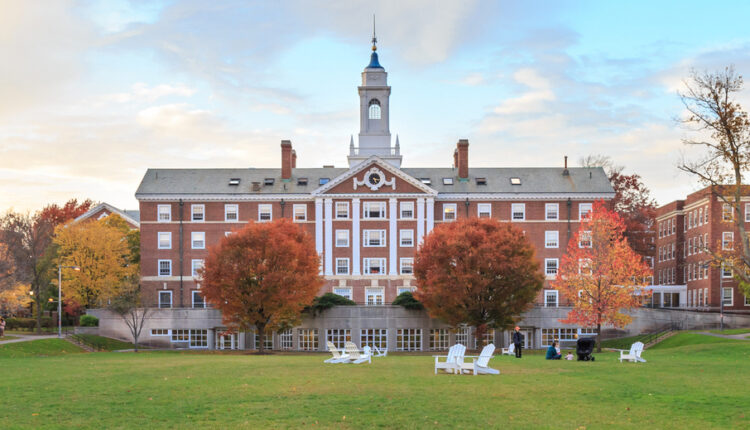
Kashmiri youth bags fellowship at Harvard School of Public Health
Will work for healthcare economics, sustainable global development: Javaid Iqbal
Srinagar, May 04 : A youth from Kashmir who is an experienced management consultant and a health economist with graduate-level training in multiple fields has been selected as a fellow at Harvard School of public health.
Javaid Iqbal, a resident of Kadi Kadal Srinagar, has vast experience in financial management, business administration, sustainable international development, global health policy and health economics.
He is also experienced in designing and implementing innovative financial and management strategies to address development challenges in global public health.
Javaid is passionate about advocating for, and working towards achieving UN sustainable development goals and developing culturally competent solutions that address the needs of underserved communities.
He has previously served as an Advisor at the United Nations in New York City and is currently a Global Fellow at Brandeis University.
Javaid also writes about issues related to healthcare policies, innovations in health, and education in the global south.
In 2020, Javaid served as an Emerging Leaders Fellow at the United Nations Association-United States of America (UNA-USA).
While talking with KNO, Javaid said as a public health professional and working at the intersection of healthcare economics and sustainable global development, the Harvard Public Health Review Fellowship, will provide him a rare opportunity to understand how academic projects inform policy and help understand the ongoing challenges in public health space.
The fellowship will also enable Javaid to join a community of public health leaders where they can collaborate on highlighting the importance of topics that are not covered by general media.
“Given my experience as someone who grew up in Kashmir, a place that has experienced socio-political turmoil for the last seven decades, I am acutely aware of why the mission of Harvard Public Health Review to address public health challenges at the local, national, and international levels is necessary,” he said.
“Given my professional experience of working at the United Nations, and collaborating on diplomatic projects with representatives of numerous countries, I also recognize the urgency of transcending traditional academic boundaries to inform public policy, he said,” adding that he will bring these perspectives to his work at Harvard Public Health Review and develop communication projects that can contribute positively to public health discourse—(KNO)

Comments are closed.